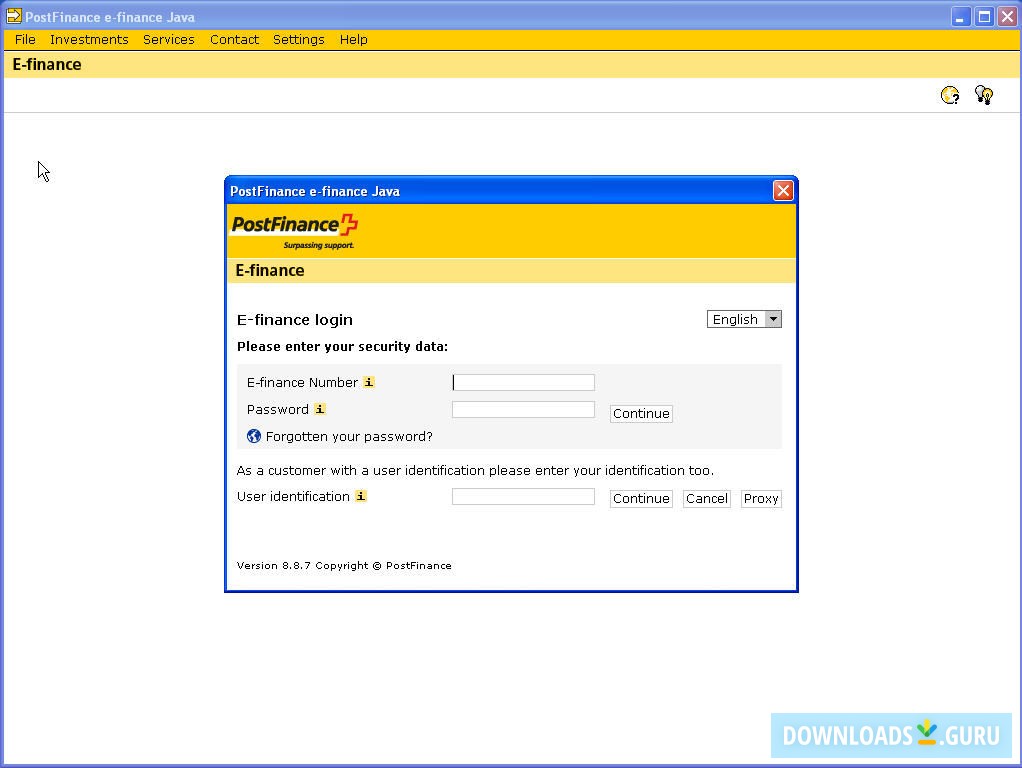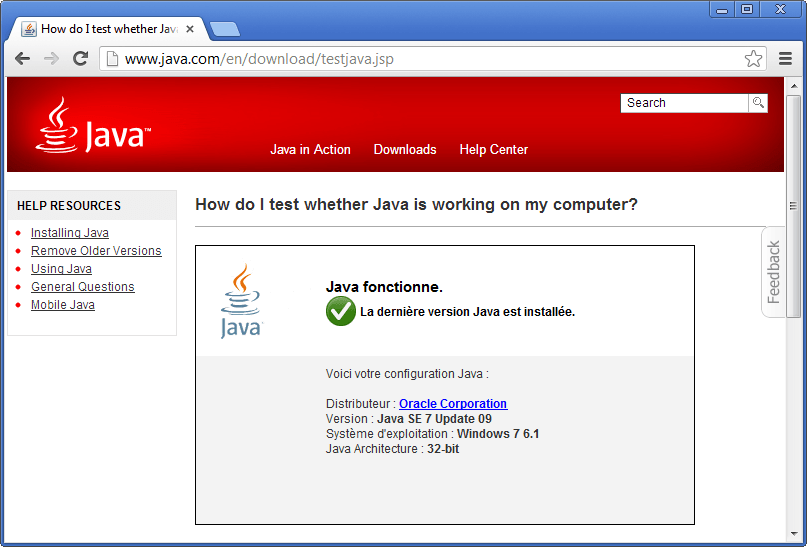

- Latest version java 7 download install#
- Latest version java 7 download update#
- Latest version java 7 download code#
- Latest version java 7 download download#

Latest version java 7 download install#
If you install just a JRE, and not a full JDK, that error message will persist. Installing that will not solve the problem, because recent versions of Eclipse require a higher version. If you're using Mac, and you don't have a JDK installed, you may get a bogus message from the OS stating that you should "install the legacy Java SE 6 runtime".

If you're using Windows, you may already have a JRE installed, but upgrading usually won't hurt.If you aren't planning to use Eclipse for Java development and want to save some disk space, install a JRE. If you intend to use Eclipse for Java development, then you should install a JDK. You may either install a Java Runtime Environment (JRE), or a Java Development Kit (JDK), depending on what you want to do with Eclipse. Regardless of your operating system, you will need to install some Java virtual machine (JVM).
Latest version java 7 download code#
In all cases, Eclipse requires a 64-bit JVMĪ Java Development Kit (JDK) includes many useful extras for Java developers including the source code for the standard Java libraries. If you are using Eclipse to do Java development, or are on macOS, install a JDK. Java HotSpot(TM) 64-Bit Server VM (build 25.Current releases of Eclipse require Java 11 JRE/JDK or newer. Java(TM) SE Runtime Environment (build 1.8.0_291-b10) It should output the following: java version "1.8.0_291" Let the system know where JRE is installed: sudo update-alternatives -install "/usr/bin/java" "java" "/usr/local/java/jre1.8.0_291/bin/java" 1Īfter that’s done, check the installation by running: java -version To save space, delete the tarball by running: sudo rm jre-8u291-linux-圆4.tar.gz Unpack the tarball: sudo tar zxvf jre-8u291-linux-圆4.tar.gz Go into the install directory: cd /usr/local/java Move the JRE binaries into the directory: sudo mv jre-8u291-linux-圆4.tar.gz /usr/local/java InstallingĬreate a directory to install JRE in with: sudo mkdir /usr/local/java
Latest version java 7 download update#
Oracle does not currently offer JRE packages for Java 11 or above from their website so, for this tutorial, we will use the Oracle HotSpot JRE version to be 8u291 (Java 8, update 291).
Latest version java 7 download download#
An Oracle account is needed to download the Oracle HotSpot JRE. tar.gz (tarball) by heading over to their website. Installing Oracle HotSpot JRE Downloading the Oracle HotSpot JRE binariesĭownload JRE binaries in. In the next step we’ll install Oracle HotSpot JRE. (Although the output may change in the future as new Java versions are promoted to LTS status, or the current LTS version receives updates.) OpenJDK 64-Bit Server VM (build 11.0.11+9-Ubuntu-0ubuntu2, mixed mode) OpenJDK Runtime Environment (build 11.0.11+9-Ubuntu-0ubuntu2) It should output the following: openjdk version "11.0.11" We can check if OpenJDK JRE was properly installed by running: java -version To install the OpenJDK JRE, we run: sudo apt install default-jre (Alternatively, you may opt to use a specific Java version, using for example the openjdk-11-jre package as updates are released for that version of the Java Virtual Machine, that packages will be updated, allowing you to stick to the latest and greatest update of one specific version of the Java language.) The default-jre is an excellent choice for most situations, thanks to the outstanding track of backwards compatibility of the Java Virtual Machine. Ubuntu offers the default-jre package, which is regularly updated to ship the latest version of the current OpenJDK JRE in Long Term Support (LTS). Moreover, the non LTS versions of Java are bringing a steady stream of innovation into the language, and also see some adoption. Nowadays, Java 11 is the current Long Term Support (LTS) version, but Java 8 is still widely used. With new versions of Java released every 6 months, there are multiple versions available for use.


 0 kommentar(er)
0 kommentar(er)
